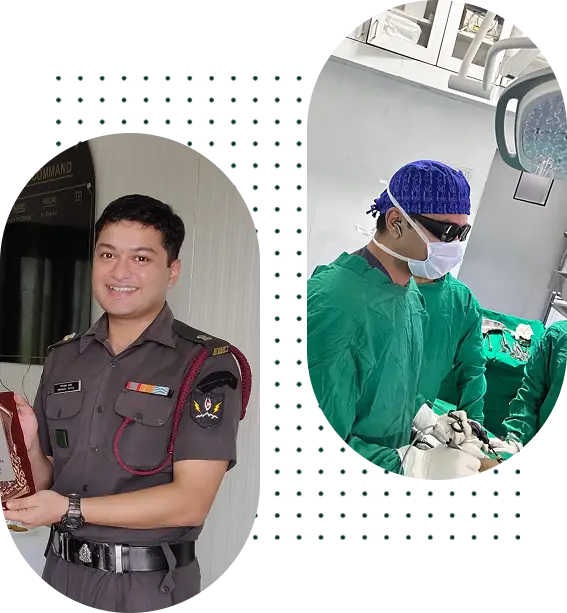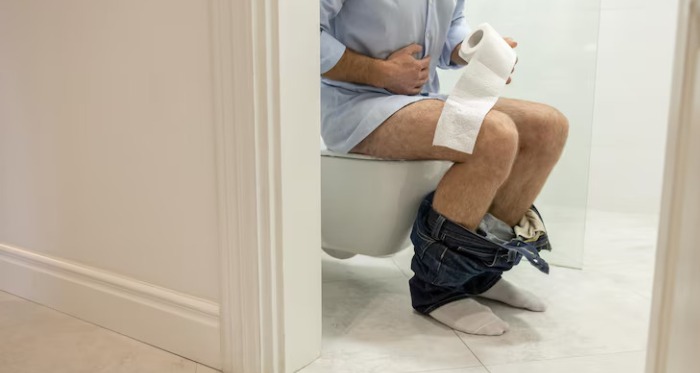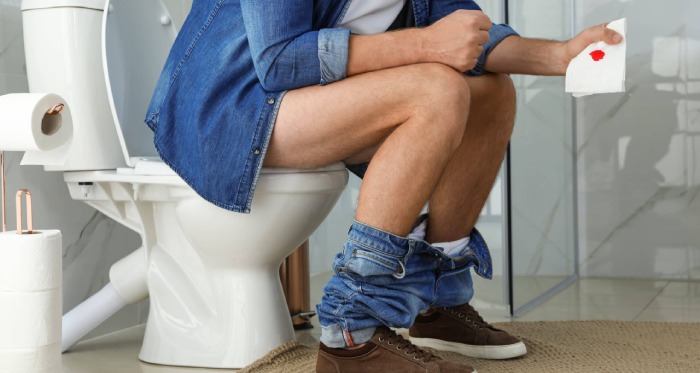Anal Fissure Treatment in Kolkata
Anal fissures may seem minor, but the pain can feel worse. If you’ve been living with persistent discomfort, it’s time to get it checked by Dr. (Maj) Ranajoy Dutta, a trusted anal fissure doctor in Kolkata. He offers compassionate surgical care to help you heal comfortably.
What is an Anal Fissure?
Most acute fissures heal within a few weeks, but if ignored, they can become chronic and cause repeated pain and spasms.

Anal Fissure Types

Acute anal fissure
It is a small tear caused by constipation, causing sharp pain during bowel movements, and heals with conservative treatment.

Chronic anal fissure
It persists for over six weeks, often causing ongoing pain and bleeding. It may require more intensive treatments like surgery or botox injections.
Anal Fissure Causes

Call for Appointments
Begin your treatment journey with expert care. Schedule your appointment with Kolkata’s esteemed cancer specialist Dr. (Maj) Ranajoy Dutta today.

Anal Fissure Symptoms
Muscle spasms around the anus

Anal Fissure Diagnosis

Anoscopy

Flexible sigmoidoscopy

Colonoscopy
Anal Fissure Treatment
Treatment for anal fissures usually starts with diet changes, stool softeners, warm sitz baths, and medicated creams to reduce pain and support healing.
If symptoms persist for over 6–8 weeks, a minor surgery called Lateral Internal Sphincterotomy may be advised. This procedure reduces muscle tension, helps the fissure heal, and is typically safe and effective, with minimal risk of complications.
Anal fissures are painful but treatable. Don’t suffer in silence. Book a consultation with Dr. Ranajoy Dutta, a specialised anal fissure surgeon in Kolkata, today and begin your recovery with expert care.
Fill The Form
Contact Form

Make Appointment &
Take Care Of Your
Healthy Life

